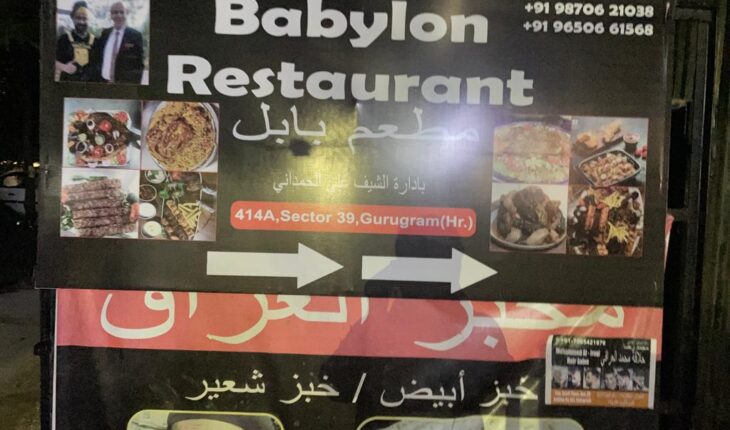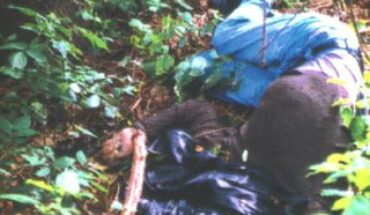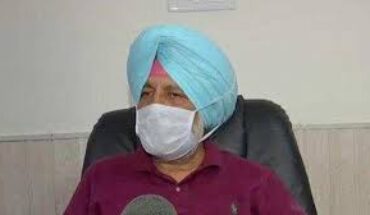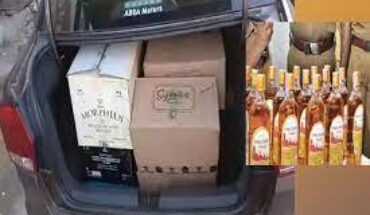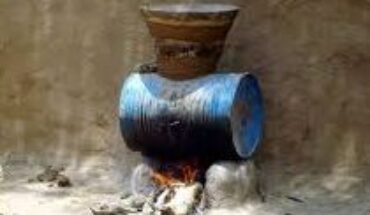Gurugram : The Millennium City – Gurugram, which has many treasures to offer, whether it is of highly advanced infrastructure matching the smartest city “Singapore” or large footprint of impact on the rural suburbs. In the same,“Tiny Arab City” has emerged in the Jharsa Village in the past few years as an outcome of medical tourism.
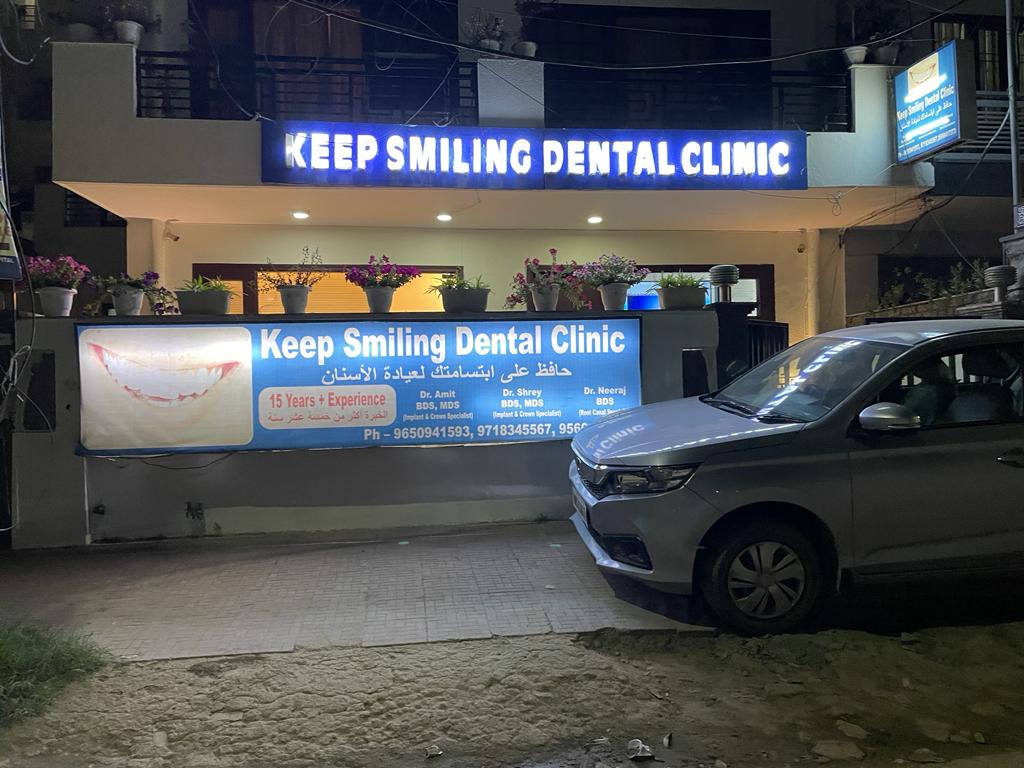
Where, Arabs are keeping their diaspora and diverse culinary culture, miles away from home. It can be witness, that khameeriroties (Afghan roties) and Arab style bread at a roadside in a lane, Nazim, baking roties in tandur, glancing at the passer-by from his stall selling the arabian cuisines at “Babylon Restaurants”. Most are familiar faces, who smile at him or stop for a chat in a language that’s foreign to the country but local to its surroundings.
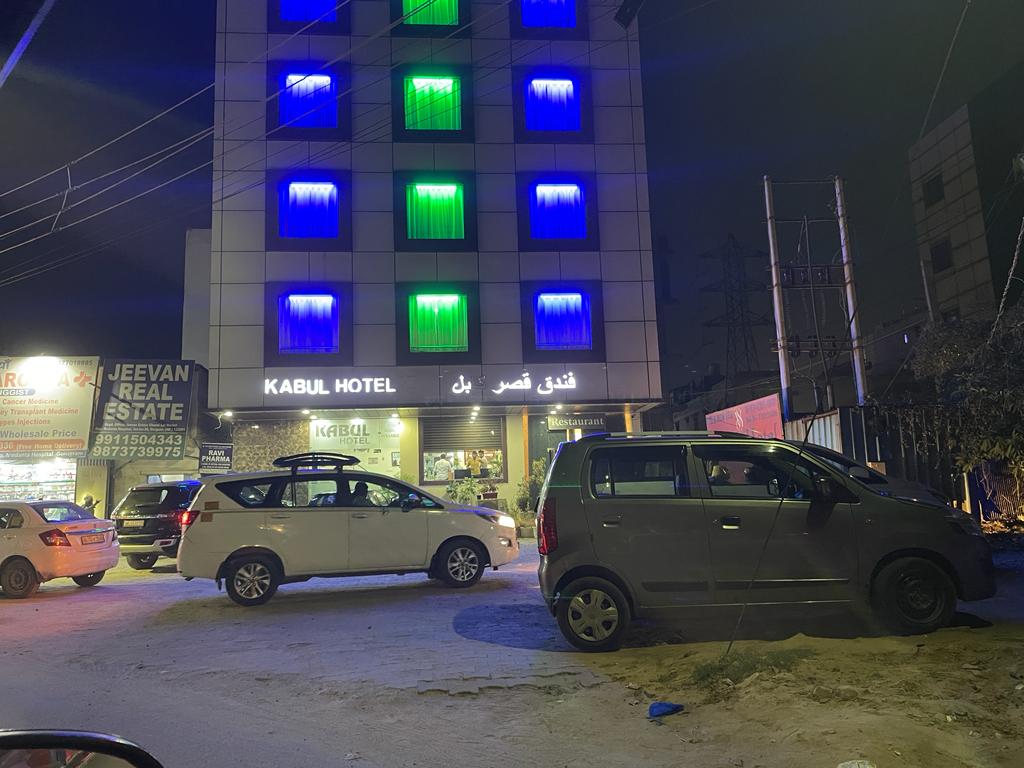
Don’t get surprised, if you witness shop’s hoarding written in languages other than native as you approach towards sector 39. Even people from the Middle-east, Arab, Iraq and Gulf can be seen roaming freely in the lanes while greeting and blessing each other for their health and recovery from hospitals at Gurugram. And to communicate with them- the men from the Arab Pennsylvania- local business owners, including shopkeepers, restaurants, hoteliers, laundry kiosks and local TukTuk services have learned a few utility sentences in Arabic to help him strike a chord with them.
Marhaban (welcome), Mabrook (Congratulation) and Aynturidantadhhab (where would you want to go?),” taxi driver Pintu asks potential customer in Arabic in a street lined with an array of hotels. Pintu is not an Arabic enthusiast, it is just that many of his customers in Jharsa Village speak the language.
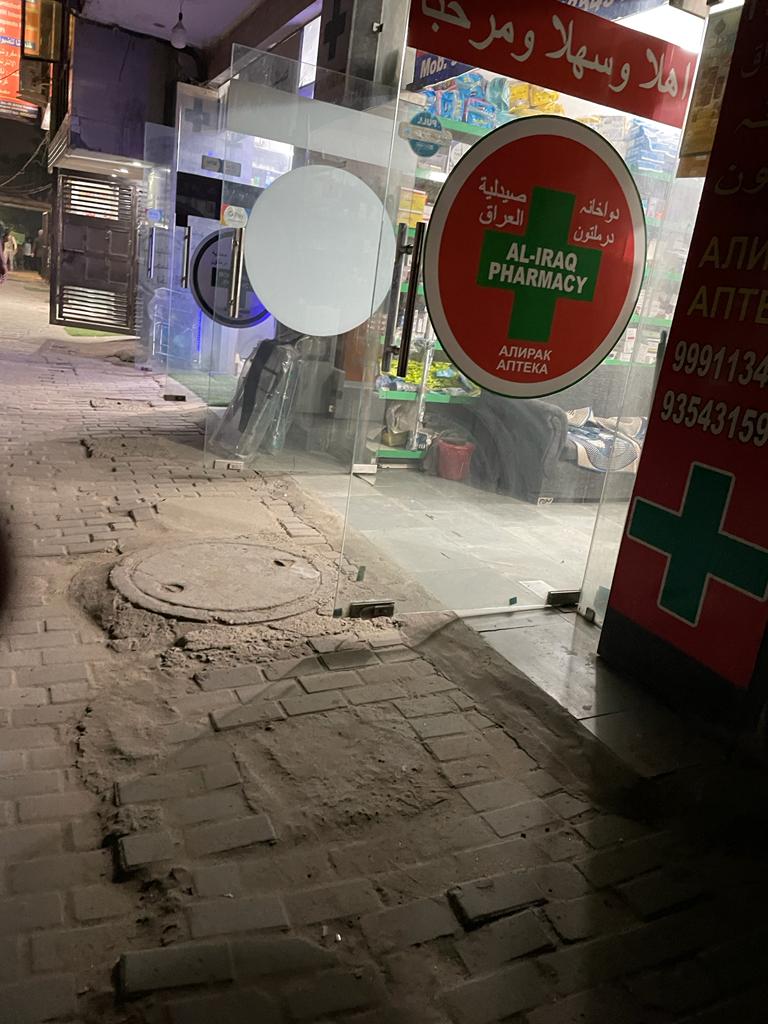
Anurag, who looks after the front office of the Athina Residency- Bagdad, a hotel in the area that came up around three years back, says, “Eighty per cent of our guests are patients from Gulf countries, and many of them stay from 15 days to 2 months and most of them are medical tourist.”
Most of the patients visit this place for major surgeries, many also avail dental treatment at clinics that have come up in recent years in Jharsa Village.
“Dental clinics, IVF centers have emerged as an ancillary services. A majority of my patients are Arabs and from the Middle east and they come for implants and surgical procedures,’ says Dr Tarun.
As medical tourism is growing rapidly from the middle east, it has also given rise to the demand for translators- who play a key role in the medical tourism ecosystem in the area. “A number of these translators act like an agent or touts, taking their cut from everyone from hospitals to hotels to restaurants to facilitate the patients,” says an executive of a medical tourism company active in gurugram. They always shadow their clients as most of the foreigners don’t know a second language,” he added.
In Jharsa, a local interpreter accompanying someone from Syria, Iraq, Yemen or other Middle Eastern countries of a Gulf nation is a common sight. One may spot them at shops, restaurants and hospitals. “We escort them everywhere from hospitals to shopping to sightseeing. I directly get business from the Arabian countries,” says Rafiq, an interpreter, at a restaurant called Babylon Restaurant in Sector 39, Gurugram. His client, Mohammad Kazem is from Iraq.
Kazem is in jharsa village for his father’s heart surgery at a hospital in Gurugram. “He wanted Arabic food and this is the only place where one can get good and affordable Arabian cuisine,” said Riazuddin. The walls of the eatery are tastefully done with framed pictures of many Arab cities, and an Iraqi flag runs across the white brick wall.
Familiarity breeds business for the establishments in Jharsa village – Sector 39, since their Arabic ambience attracts customers from Faridabad and Delhi too.“Though I am getting treatment in Faridabad, I chose to live in a cottage at Anitha Residency, because my people in Baghdad told me that I would feel at home in this area. They were right, in Jharsa, I do not feel like being in a foreign country,” says SamerHussain, 56, from Iraq, waiting for his order at The Levantine Cuisine, inside the lane of Jharsa Village. Hussain is about to undergo a thyroidectomy at a hospital in Faridabad.
The taste of the food here is very close to food back home in Iraq,” says Hussain. His comment makes the owner of the restaurant very happy. “We had a Turkish chef who trained our staff in cooking authentic Arabian dishes. Ninety per cent of my clients are from the Middle East, and they all have to say the same thing,” says a beaming Alam, a Delhiite. SamarkMashwi (grilled fish) and Kebab Laham, he says, are two of the most sought-after dishes at his restaurant.
Soft-spoken Abdullah, a chef, Al Matam Arabic, who speaks to us through his Syrian English-speaking manager, comes to the restaurant at 6 am daily to supervise the cooking and stays up till midnight. “For me, the authenticity of the food is very important. While 70 per cent of my customers are medical tourists, the others are a mix of many nationalities, including a lot of Indians,” he says. Chicken, Shawarma, KubaLabanya, Shakrya Mutton are some of the most- sought after meals at the restaurant. “Most Indians ask for Falafel meals,” says Abdullah.
Asked what it is about his food that makes his restaurant such a hit, he says, “Syrian food is standard Arabian food, if cooked right it will be liked anywhere in the world.”


